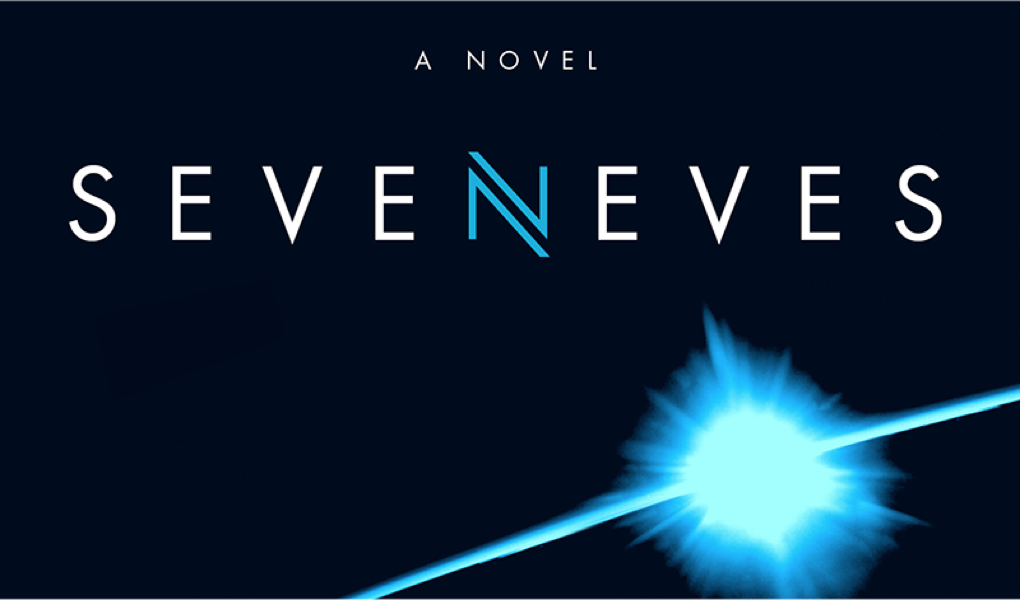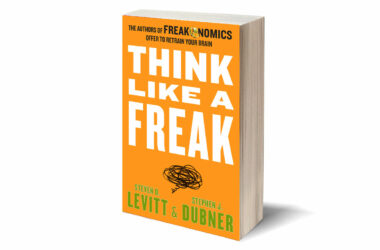Seveneves would probably be better as a movie.
Seveneves is the latest novel from Neal Stephenson, and it’s a story that starts with an unexplained event which causes the breakup of the moon, but quickly spirals into global crisis as humanity is threatened with extinction from the fallout. The premise is undeniably epic, and the bits that follow from that event are fun to contemplate and think about even outside the context of the book itself.
I suspect that my bias towards cinema is in part informed by having just finished watching the movie adaption of The Martian (which came after re-reading the excellent book). In this case, though, I do think that Seveneves spends more than a few words on just describing scenes and science which would be much better understood as animations or simple graphics. In fact, the book includes so many pages of descriptions of orbital mechanics and space station jerry-rigging that I found myself losing the plot trying to visualize what Neal is painting with words. If there’s to be a canonical example of a “picture is worth a thousand words” in the idiom dictionary, Seveneves would be a fine choice.
That said, I do enjoy reading science fiction for its grounding in the modern world and our modern society, and Seveneves is very much based on our world today. There’s the realistic acceptance of an old International Space Station as a base of space operations, the prevalence of Facebook1 and hashtags and social media in general, and plausible descriptions of how different cultures and people would react to a world-ending event.
The book is a bit weaker once it goes from sociological thought experiment with current technology to far-flung future predictions. As I mentioned above, Neal stays overly verbose throughout the entire book, but at least the modern story stays easily relatable. Once he jumps forward to show how things would be thousands of years later, the pages are overrun with descriptions of machines and landscapes and habitats, all gratuitously fortified by physics and plausible science. There isn’t much of a story to tell in the far-future, and how humanity has evolved in that time feels much less rewarding and disconnected from the first 2/3rds of the book. It feels like an epilogue drawn out to 200+ pages.
And its space-faring fork, the Spacebook.↩




